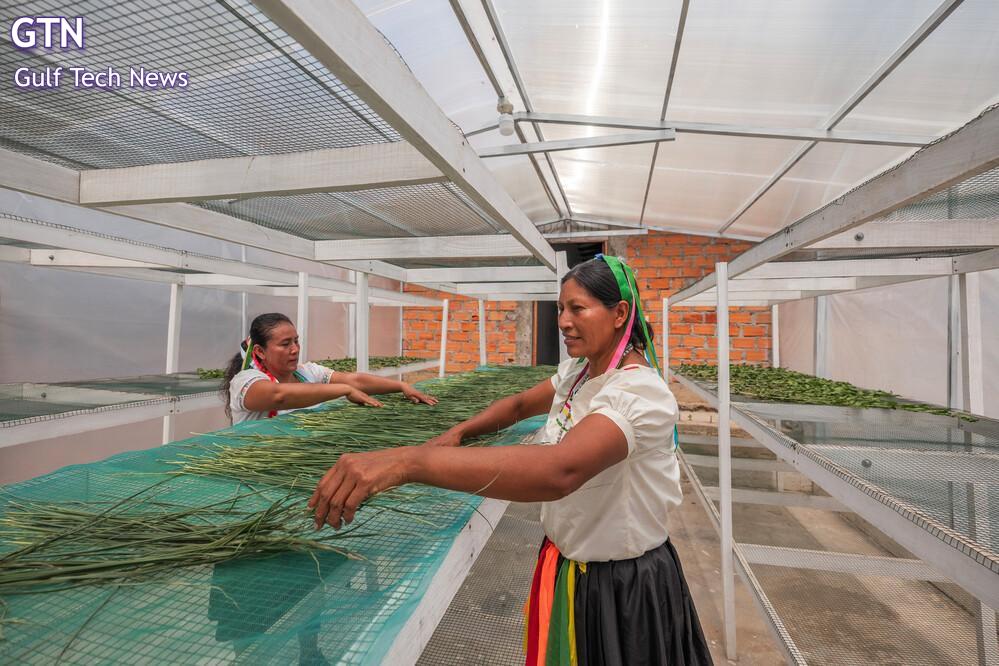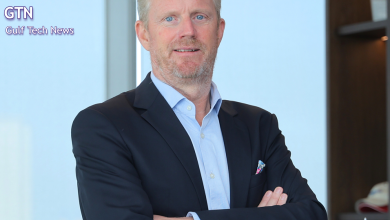COP30: the business case for investing in climate adaptation is compelling

Rome, 6 November 2025. At COP30, the International Fund for Agricultural Development (IFAD) is showcasing new evidence that investing in small-scale farmers to help them adapt and thrive in a changing climate yields strong economic and social returns. The organization is urging governments and partners to scale and speed up adaptation investment in rural communities who are the backbone of national and global food supplies and rural ecosystems.
IFAD will launch its new publication, Adaptation Finance: Building the Investment Case, which highlights how climate adaptation can be an engine of economic opportunities. The report also shows how to make adaptation projects “bankable” by integrating financial and social impact metrics to quantify real returns and link development results with investment performance.
“We must stop seeing investments in adaptation as a sunk cost and start viewing them as an economic opportunity. As IFAD projects show investments in rural adaptation can combine development results linked to national priorities with financial returns and satisfy both governments and public and private investors,” said Lario.
The publication shows how an IFAD project in Bangladesh generated a return of 35 per cent per year on the investment made and led to an 11 per cent income increase for 5 million people thanks to climate resilient markets and roads to access them.
“Investments in climate adaptation are not just about protecting the livelihoods of the world’s poorest. They are a strategic and economic opportunity. By preserving the capacity of nations to produce food, create jobs and sustain growth, these investments strengthen economic and social stability as well,” said Alvaro Lario, President of IFAD.
Every dollar invested in adaptation can return over US$10 in benefits. Many of these returns come from job creation, or higher incomes, and social and environmental dividends such as improved health or better biodiversity.
The IFAD project in Bangladesh shows how climate-resilient infrastructure and markets cut farmers’ transport costs by 60 per cent, boosted trade by 75 per cent, and reduced post-harvest losses by 30 per cent. It also created thousands of jobs through community-based works.
Other IFAD’s evidence shows that investing in deep rural areas can be transformational, with several IFAD projects leading to an income gain of 50 per cent for farmers, according to the latest IFAD Impact assessment. Among the projects assessed, small-scale food producers that received investment from 2022-2024 saw their average income grow by 34 per cent; their production grow by 35 per cent; and their access to markets increase by 34 per cent.
Globally, a US$1.8 trillion investment in early warning systems, climate-resilient infrastructure, improved dryland agriculture, global mangrove protection and resilient water resources could generate US$7.1 trillion in avoided costs and social and environmental benefits. Currently over 60 million people are engaged in nature-based solutions activities, i.e. solutions inspired and supported by nature such as reforestation, costal ecosystems restoration, or sustainable land management. Such activities can generate up to 32 million new jobs by 2030.
With the need for adaptation financing in developing countries 12-14 times as much as current flows, private investments are more urgent than ever. Acting as an investment platform, IFAD promotes solutions that aggregate finance, deploy risk-mitigation instruments, enable supportive policies, and connect investors through blended financing structures channelling resources directly to rural communities.
Rural communities are home to 80 per cent of the world’s poorest people, and are on the frontline of floods, droughts and changing weather patterns. Small-scale farmers produce one third of the world’s food and up to 70 per cent in Africa. They are vital to their communities, countries and the world’s food security. Yet, they receive less than one per cent of total climate finance.
IFAD at COP30
Join us for the launch of the Adaptation Finance – Building the investment case publication.
The publication demonstrates the economic viability of adaptation investments, outlines proven financial models and identifies instruments to attract capital and help bridge the gap between private sector interest in balancing financial returns and risk expectations and longer-term development’s results. It is a practical guide for policy-makers, financial institutions, and development partners.
Location: NDC Partnership Pavilion – Number PV-B45 in the Blue Zone.
Title: Reframing Resilience from Risks to Returns: Building the Investment Case for Adaptation Finance
Date and time: 14-Nov-2025 / 17:00 – 18:00 local time
An advanced copy is available upon request.
IFAD leaders and climate experts will be at COP30 and are available for interviews.





